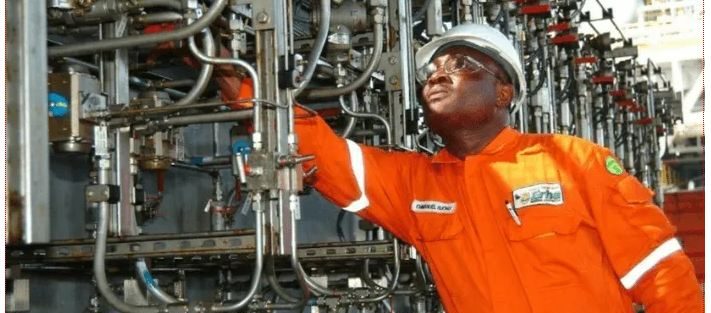The Nigerian Society of Engineers (NSE) on Sunday urged the Federal Government to increase investment in engineering education, to help tackle poverty and employment.
Sunday Popo-Ola, a fellow of NSE and the immediate past chairman, NSE London, UK branch, made the appeal at a business luncheon and induction of new members of Apapa branch, NSE, in Lagos.
According to him, the competency of engineers plays a key role in the nation’s prosperity.
He said that a 21st-century engineering student would acquire skills to transform and meet future socioeconomic needs in Nigeria.
“Twenty-first-century engineering education creates the ability to start your own business using skills acquired at the university. It is a bridge between the education system and employment generation. Competent and self-reliant graduates can create economic opportunities for the country, and reduce poverty level,” he said.
Popo-Ola, who was a guest speaker, said that 21st- century engineering education would encourage innovation and technological advancement.
Another NSE fellow, Garba Maikasuwa, stressed that there was a need for Nigeria to raise competent graduates that were ready to create jobs. Maikasuwa said it would require synergy, funding and commitment on the part of government institutions and industries.
According to him, such partnership will help the country develop graduates to meet up with the 21st-century challenges.
“There is the need to invest in tools and equipment to enable teachers to match theories with practicals.
“This is important so that when a student graduates, he or she will be fit, and then create jobs for others; he will be able to use his skills to develop and create wealth for the nation,” he said.
In her remarks, Funmilade Akingbagbohun, national vice chairman, Nigerian Institution of Mechanical Engineers, said that the country’s educational system in terms of engineering had a lot of flaws.
Akingbagbohun, who is the immediate past chairman of the Ikeja branch of the society, commended the Apapa wing for taking the right steps in its effort to correct the system.
“One of the key things that need to be done is to change the system from the base, not only from the tertiary education but from the secondary,” she said.
Akingbagbohun also advocated the training of teachers using STEM and putting teachers through to train the students in ways that would make sciences and mathematics interesting.
She said that with these, “the students will understand the rudiments and foundation of mathematics and sciences that will lead them in engineering.”



